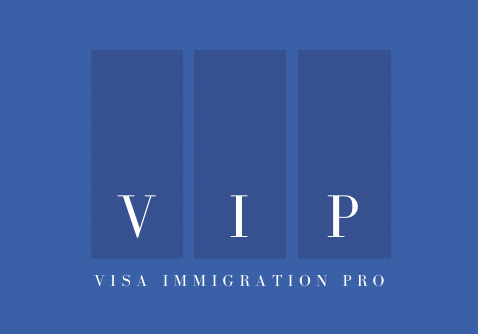For U.S. citizens pursuing surrogacy overseas (Citizenship for Children Born Abroad via Surrogacy), securing citizenship for their child is a critical step. Here’s what you need to know:
1. Is the Child Automatically a U.S. Citizen?
– Yes, but with conditions: A child born abroad to at least one U.S. citizen parent via surrogacy can acquire U.S. citizenship at birth if:
– The U.S. citizen parent is genetically or gestationally related to the child or
– The U.S. citizen parent is married to the child’s genetic/gestational parent at birth .
– The U.S. citizen parent meets physical presence requirements (typically 5 years in the U.S., including 2 after age 14) .
– If no genetic/gestational link? If the U.S. citizen parent is neither (e.g., in cases of full egg/sperm donation), the child may not qualify for automatic citizenship .
2. How to Secure Citizenship for Your Child
To confirm citizenship, parents must apply for a Consular Report of Birth Abroad (CRBA) and a U.S. passport at the nearest U.S. embassy/consulate. Required steps include:
– Proving parentage: DNA tests (if genetic link) or legal surrogacy agreements (if gestational link) .
– Providing documentation:
– Child’s birth certificate.
– Proof of U.S. citizenship (parent’s passport/naturalization certificate).
– Evidence of the parent’s physical presence in the U.S. (e.g., school/work records) .
– Paying fees: $100 for CRBA processing .
3. Special Considerations
– Local laws matter: Some countries list the surrogate as the legal mother on birth certificates, which may complicate CRBA applications. Legal counsel is advised .
– Non-genetic parents: If only one parent is a U.S. citizen and not biologically related, the child may still qualify under INA 309 if the parents are married and meet residency requirements .
4. What If the Child Doesn’t Qualify Automatically?
– Immigration visa pathway: The child may enter the U.S. on an IR-2/CR-2 visa (for children of U.S. citizens) and apply for citizenship after admission .
– Adoption or court orders: In some cases, formalizing parentage through adoption or local court orders may help establish eligibility .
5. How Visa Immigration Pro Can Help
Navigating surrogacy-related citizenship can be complex. Our team assists with:
✅ CRBA & passport applications – Ensuring all documentation meets USCIS/State Department standards.
✅ Legal parentage strategies – Advising on surrogacy agreements and local laws to strengthen citizenship claims.
Next Steps:
– Contact a U.S. embassy before birth to understand requirements.
– Consult an immigration attorney if using donor eggs/sperm or if parentage is contested.


